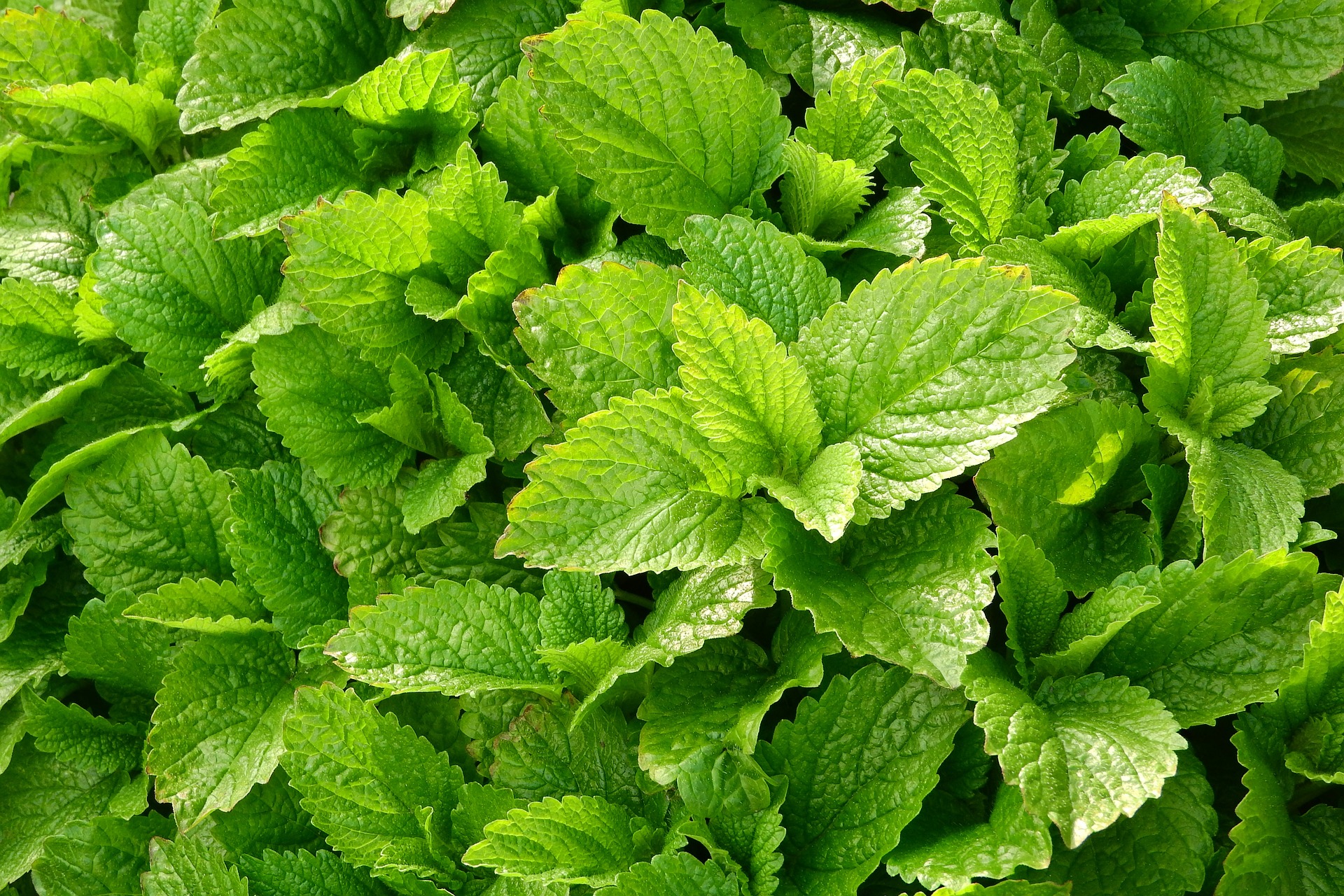 How to Treat Perinatal Depression with Safe Herbal Remedies
How to Treat Perinatal Depression with Safe Herbal Remedies
Lemon Balm (Melissa officinalis)
Lemon balm (Melissa officinalis) is widely regarded as being safe for both the mother and the fetus during pregnancy. This herb has both antidepressant and anxiolytic effects, and has been scientifically proven to improve sleep quality, duration, and efficiency, as well as to reduce stress levels. Multiple studies have demonstrated lemon balm’s effects in treating depression and anxiety; one study in particular combined lemon balm with lavender, another pregnancy-safe antidepressant/anxiolytic herb, with positive results.
Lemon balm has been shown to be effective in the treatment of postpartum depression when given at a dose of 500mg, 3 times per day. The herb also shows benefits for improving cognitive health and memory. In addition to being used to treat depression and mood-related issues, lemon balm can also be used to treat the following conditions during and after pregnancy:
- Abdominal pain / cramping and implantation bleeding during the first trimester
- Uterine irritability
- Anemia (lemon balm increases hemoglobin production)
- Fatigue
- Insomnia
- Aches and pains
- Indigestion
- Toxicosis
- Poor uterine tone
- Dysmenorrhea
- Premenstrual syndrome / PMS
- Vital and bacterial infections
- Genital herpes (when applied topically as a cream)
- Gas / flatulence
- High blood pressure
- Fever (lemon balm is a diaphoretic)
Lemon balm is also safe for use after pregnancy and during lactation, and can therefore also be used as a preventative or treatment option for postpartum depression as well. The herb is also useful for infants and children, and can be given to infants to treat colic and to children in combination with valerian root as a treatment for restlessness and sleep problems.
During pregnancy, an infusion of 2-12 grams can be given each day (prepare the infusion using water that’s just shy of boiling). A tincture given at a dose of 2-15ml per day can also be taken. Lemon balm is specifically recommended for acute depression with tearfulness.
English Lavender (Lavandula angustifolia)
Lavender flowers have a wide range of benefits for balancing mood and mental/emotional well-being, and have been used successfully to treat depression, anxiety, nausea, headaches, and insomnia during pregnancy. The essential oil can be used as a part of an aromatherapy treatment, or the flowers can be taken internally as a tea. Lavender tea has been shown to be safe during pregnancy for both the mother and the fetus, and combines the benefits of internal consumption of lavender with the aromatherapeutic benefits of the herb (since lavender tea of course smells like lavender).Some of the other uses of lavender during and after pregnancy include:
- Childbirth / labor pains
- Gas / flatulence
- Fatigue
- Eczema
- Muscle spasms
- Nervousness and/or restlessness
- Bacterial and fungal infections (use the essential oil externally/topically)
- Treatment of wounds, bites, stings, acne, and burns
- Gallbladder/bile flow stimulation
- Pain relief
An infusion of 2-6 grams per day, or a tincture of 2-12ml per day can be given during pregnancy to treat perinatal depression/anxiety. Internal use of lavender for depression may combine well with the use of rosemary as an aromatherapeutic treatment.
Valerian Root (Valeriana officinalis)
Valerian root is most frequently used as a sleep aid, but it can also be used as a treatment for depression and anxiety during pregnancy. This herb specifically works with the GABA receptors in the brain to induce feelings of relaxation and peace. These actions not only work on an emotional level, but also a physical level, since valerian root has also been used as a treatment for constipation, pain, relief of physical tension, gastrointestinal cramping, and restless legs syndrome. It also has mild diuretic effects, and so it may work with the urinary tract system.Valerian root has been shown to have a notable effect in reducing anxiety, but can also be used to treat depression. In one study, in a group of patients with major depressive disorder or a sleep disorder, 80% of the patients reported that valerian root was at least moderately helpful in managing their symptoms, while 30% reported that the herb was extremely helpful. The patients took between 470-1410mg of valerian root every night, 30-60 minutes before going to bed. No side effects were reported.
One animal study suggests that extra high doses of valerian administered mid-gestation may decrease zinc levels in the brain of the fetus. Administration of a quality zinc+copper supplement would likely offset this effect (which may or may not actually contribute to long-term negative effects in the fetus), especially if valerian root is taken at the lowest dose possible to achieve therapeutic benefits. Other studies done on rats, however, indicate that valerian root isn’t toxic to mother or fetus when administered during pregnancy, even when consumed at doses 65 times higher than the average human dose generally given.
During pregnancy, follow the recommended dosing guidelines below:
- Infusion - Take an infusion of 1-4 grams per day; the herb should be left to macerate for 8-10 hours, and the infusion should ideally be taken cold or at room temperature.
- Tincture - Take 3-30ml per day.
Valerian root is contraindicated in cases of mania. If you experience a stimulant effect, rather than a relaxant effect when taking valerian root, take a lower dose or stop taking the herb entirety for a bit. Valerian root and cramp bark combine well to treat cramps.
Oatstraw (Avena sativa)
Oatstraw is thought to be especially nourishing to the nervous system, as well as being generally nutritive and rich in vitamins, minerals, and proteins. According to Traditional Chinese Medicine, this herb helps to nourish the Qi and encourages Qi flow throughout the body. Oatstraw has been used medicinally in the following contexts:- Depression / Anxiety
- Digestive support
- Blood sugar regulation
- Inflammation
- Insomnia / Sleep disorders
- High cholesterol
- Low estrogen production
- Cardioprotective
- Boosts cerebral circulation (oatstraw boosts nitric oxide production)
- Increases dopamine levels
- Lowers stress levels
- Neuroprotective
- Poor concentration
- Increases serotonin levels
- Strengthens teeth and bones
Oatstraw is widely regarded as being safe during pregnancy for both mom and baby, and is thus a good choice for women who may be a little cautious about working with herbal remedies for depression during pregnancy. Oatstraw is oat grass that’s been dried, and is most frequently administered as a tea. Add 1 cup of dried oatstraw to a 1 quart jar, and pour boiling water over this. Let the infusion steep for 4-8 hours, then strain and take at least 1 cup of the tea before bedtime (this will also support healthy sleep). Take up to 3 cups of this infusion per day. You can take the infusion hot or cold, or you can add some honey, stevia/monk fruit drops, or peppermint tea to enhance the flavor.
If you prefer, you can also choose to take 350mg of oatstraw powder in capsule form up to 3 times per day, or ½ - 1 teaspoon of oatstraw tincture 3 times per day. An infusion using 2-20 grams of the herb can be given daily.
Lion’s Mane Mushroom (Hericium erinaceus)
Lion’s mane mushroom isn’t technically an herb, but indeed, a mushroom/fungus, but due to its antidepressant, anxiolytic, mood balancing properties when used medicinally, I’ve decided to include it on this list. This plant can be taken daily as a supplement or a powder mixed into foods, depending on your preference. Read more about the benefits of lion’s mane mushroom in this article about pregnancy superfoods.Maca Root (Lepidium meyenii)
Maca root is a powerful medicine for balancing hormones in both men and women. Read more about maca root’s use during pregnancy in this article.Passionflower (Passiflora incarnata)
Passionflower is a somewhat controversial herbal medicine for pregnancy, but based on our research, one that can be used safely, in moderation. It is, after all, a powerful sleep aid and remedy for both anxiety and depression. One source recommends taking 3-5 drops of passionflower tincture on an as-needed basis to support sleep and positive mood. Animal studies have shown that passionflower isn’t teratogenic, meaning that it poses no risk of fetal malformations when taken during pregnancy.Some sources do say that some of the constituents in passionflower may cause uterine contractions when the herb is taken in larger doses. Of particular concern are the harmala alkaloids present in passionflower, which are notably present in other herbs to avoid during pregnancy, like Syrian rue and tobacco. Nevertheless, some studies have still shown that specific harmala alkaloids like harmine aren’t actually the abortifacient constituents present in plants like Syrian rue, so it’s debatable whether or not passionflower should be avoided during pregnancy simply because it contains harmala alkaloids.
Notably, Banisteriopsis caapi, the Ayahuasca vine, also contains harmala alkaloids. While I personally wouldn’t advocate for the use of Ayahuasca during pregnancy (largely due to the fact that pregnancy alone can be an intense, psychedelic experience in and of itself), some Ayahuasca churches like Santo Daime, in which women are permitted to drink Ayahuasca, albeit in smaller doses, at any time during their pregnancy if they so choose. Native women in the Amazon rainforest also are known to participate in drinking Ayahuasca at times. So, though I would recommend exercising caution with a plant like passionflower, if a woman had a particularly severe case of depression during pregnancy, she may decide that it’s worth the risk to try using passionflower as part of a depression treatment protocol.
Women who choose to take this herb during pregnancy should do so with caution, and should only use low doses. If you’re at risk of miscarriage or preterm birth, it may be wise to avoid this particular herbal remedy for depression in most cases, since research and anecdotal information about passionflower during pregnancy is limited. If you choose to use passionflower, you should also be aware of and have available these herbal remedies for miscarriage.
Passionflower can also be used to treat pain from neuralgia and to relax the adrenals. It combines well with valerian root, especially as a treatment for insomnia. It can be given according to the dosing guidelines below:
- Infusion - Take 1-2 grams per day as an infusion prepared from fresh or dried herb passionflower leaves.
- Tincture - Take 1.5 - 6ml daily.
St. John’s Wort (Hypericum perforatum)
St. John’s Wort (Hypericum perforatum) is perhaps one of the most well-known anti-depression herbs available. This herb helps boost and balance serotonin levels in the brain, thereby diminishing depression symptoms and improving overall mood. It is frequently used in the treatment of seasonal affective disorder (SAD), but can also be used for other forms of depression, including prenatal depression and postpartum depression. St. John’s Wort can be highly effective as a depression treatment, and has even been said to have comparable effects to certain pharmaceutical antidepressant drugs.Although a lot of sources will tell you that St. John’s Wort isn’t safe during pregnancy, the reality is that scientific research says otherwise. This herb is safe to take as a depression treatment during pregnancy, in moderation and in reasonable doses. One study observed a group of 54 pregnant women taking St. John’s Wort in comparison with a group of 108 other pregnant women who were either not taking any antidepressant medicines or who were taking pharmaceutical drugs for depression. The study demonstrated that the risk of congenital malformations was similar among all groups, with the risk being nearly the same between the groups taking St. John’s Wort or pharmaceutical antidepressants (4-5%). Keep in mind that the average risk of congenital malformations of a fetus in healthy women is 3-5%. The rates of live births and premature births were not different between the St. John’s Wort-taking women and the women in the other two groups.
Animal studies indicate that Hypericum perforatum is safe even at high doses. In mice, pregnant rats given St. John’s Wort had similar litter sizes to pregnant rats who weren’t given this herb, and their offspring also had similar body weights, body lengths, and head circumference. The mice in both groups gave birth at a similar time (the rates of preterm birth or late birth were comparable). In studies done on rats and dogs, administration of St. John’s Wort during pregnancy did not increase the risk of toxicity to either the mother or fetus.
During pregnancy, St. John’s Wort can be given according to the following dosage guidelines (as always, start with a lower dose and work your way up only when necessary):
- Infusion - Take an infusion using 2-8 grams of dried or fresh herb once daily.
- Tincture - Take 2-15ml/day.
For the treatment of perinatal depression or anxiety, St. John’s Wort may combine well with oatstraw and lemon balm.
St. John’s Wort should be avoided in cases of especially severe depression or psychosis, and should be discontinued at least 3 days before receiving general anesthesia. It is contraindicated for use with immunosuppressants, digoxin, HIV drugs, chemo drugs, and anticoagulants such as warfarin. Women who are breastfeeding should be aware that St. John’s Wort can decrease prolactin levels, and thus may interfere with breast milk supply in some (but not all) cases.
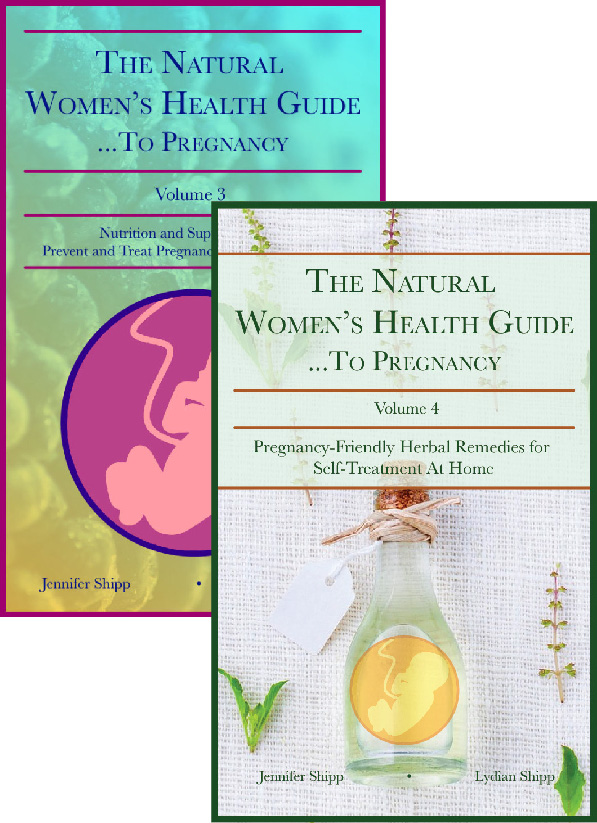
"The Natural Women's Health Guide... to Pregnancy - BUY HERE!"
 Click here to subscribe to the Living Database!
Click here to subscribe to the Living Database!
Related Posts:
Resources:

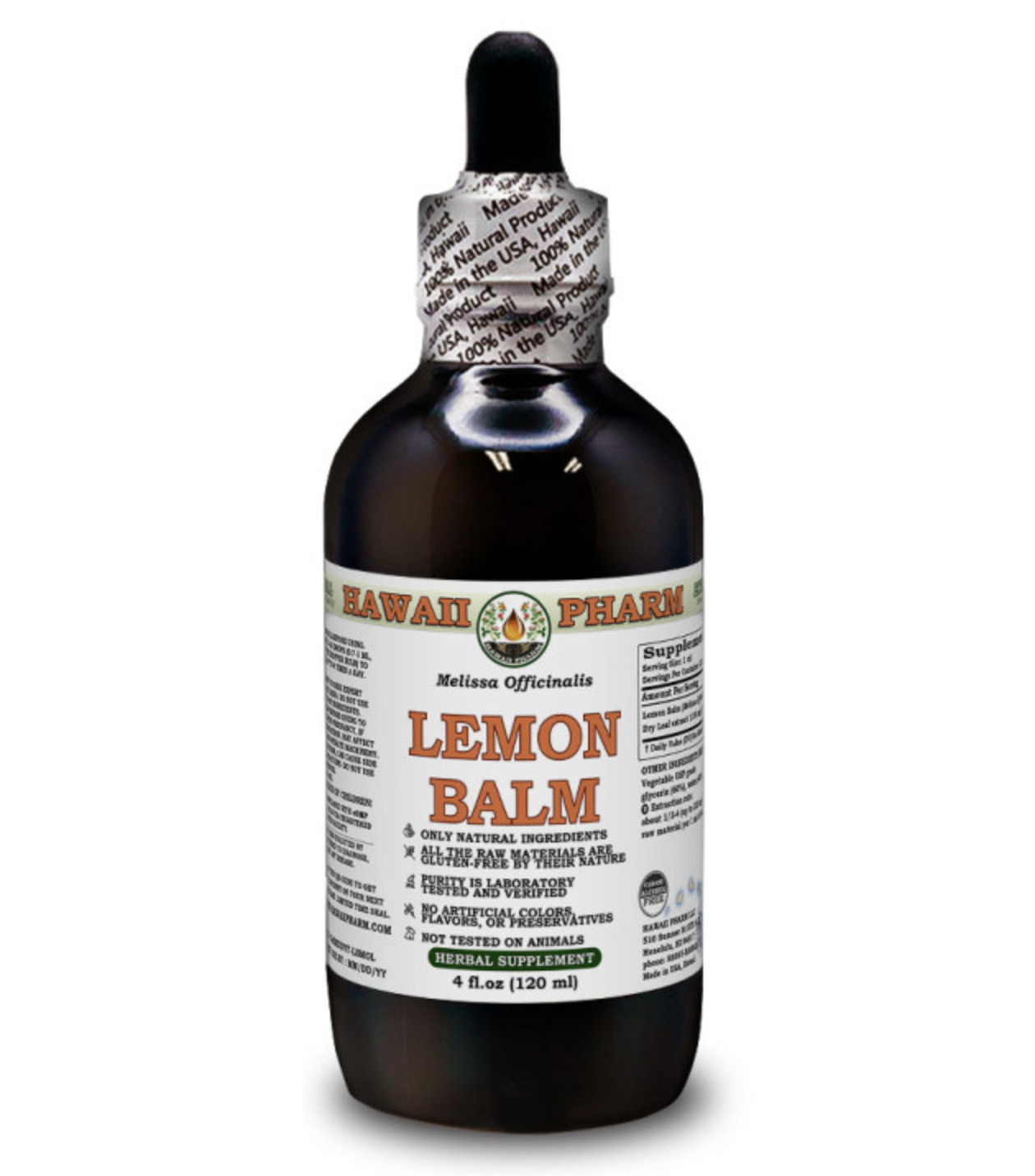 Our Amazon links to powerful cures like Hawaii Pharm herbal tinctures often disappear mysteriously after we publish.
Support our outside vendors by purchasing Hawaii Pharm's Lemon Balm tincture here.
Our Amazon links to powerful cures like Hawaii Pharm herbal tinctures often disappear mysteriously after we publish.
Support our outside vendors by purchasing Hawaii Pharm's Lemon Balm tincture here. 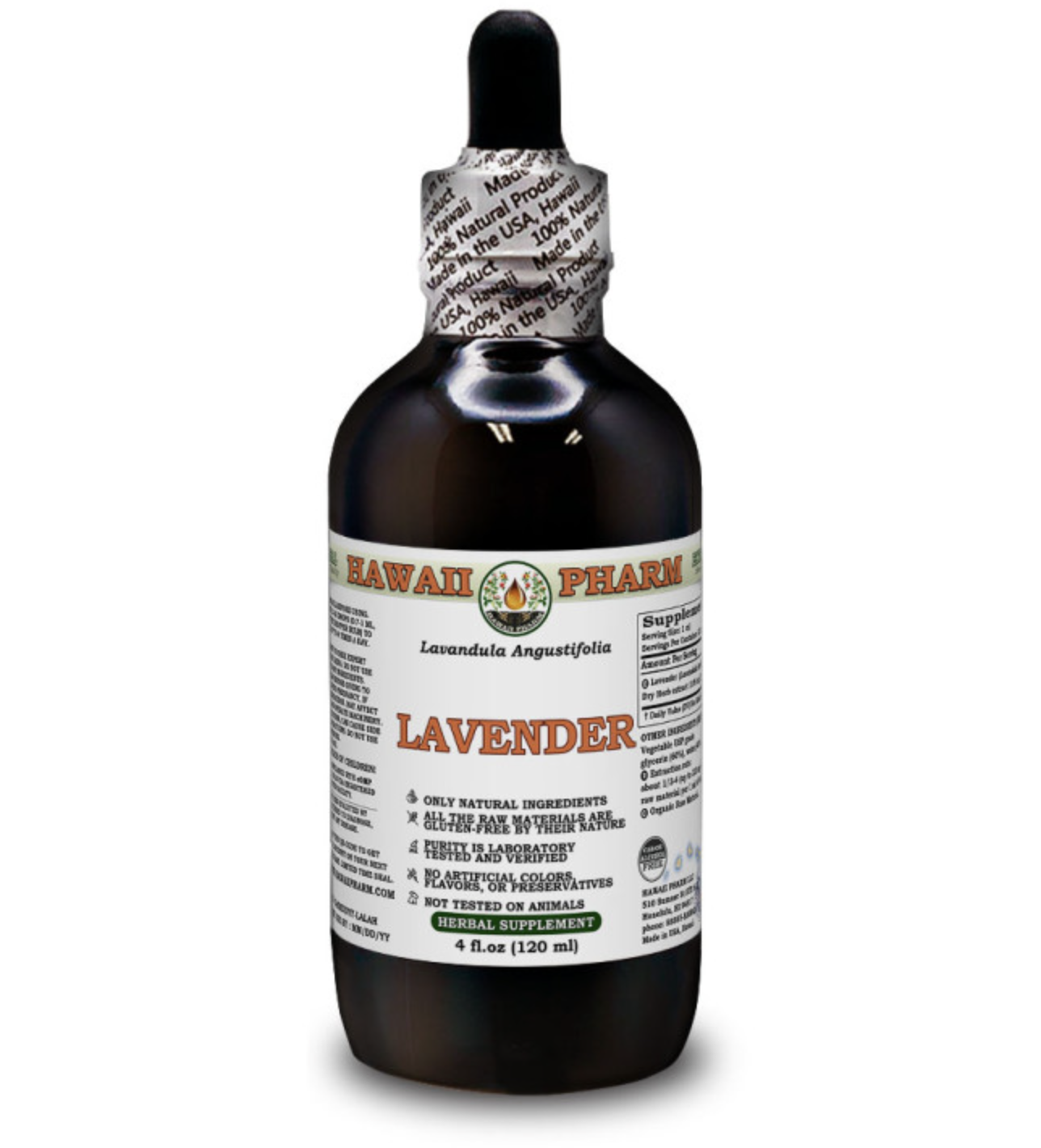 Our Amazon links to powerful cures like Hawaii Pharm herbal tinctures often disappear mysteriously after we publish.
Support our outside vendors by purchasing Hawaii Pharm's Lavender tincture here.
Our Amazon links to powerful cures like Hawaii Pharm herbal tinctures often disappear mysteriously after we publish.
Support our outside vendors by purchasing Hawaii Pharm's Lavender tincture here. 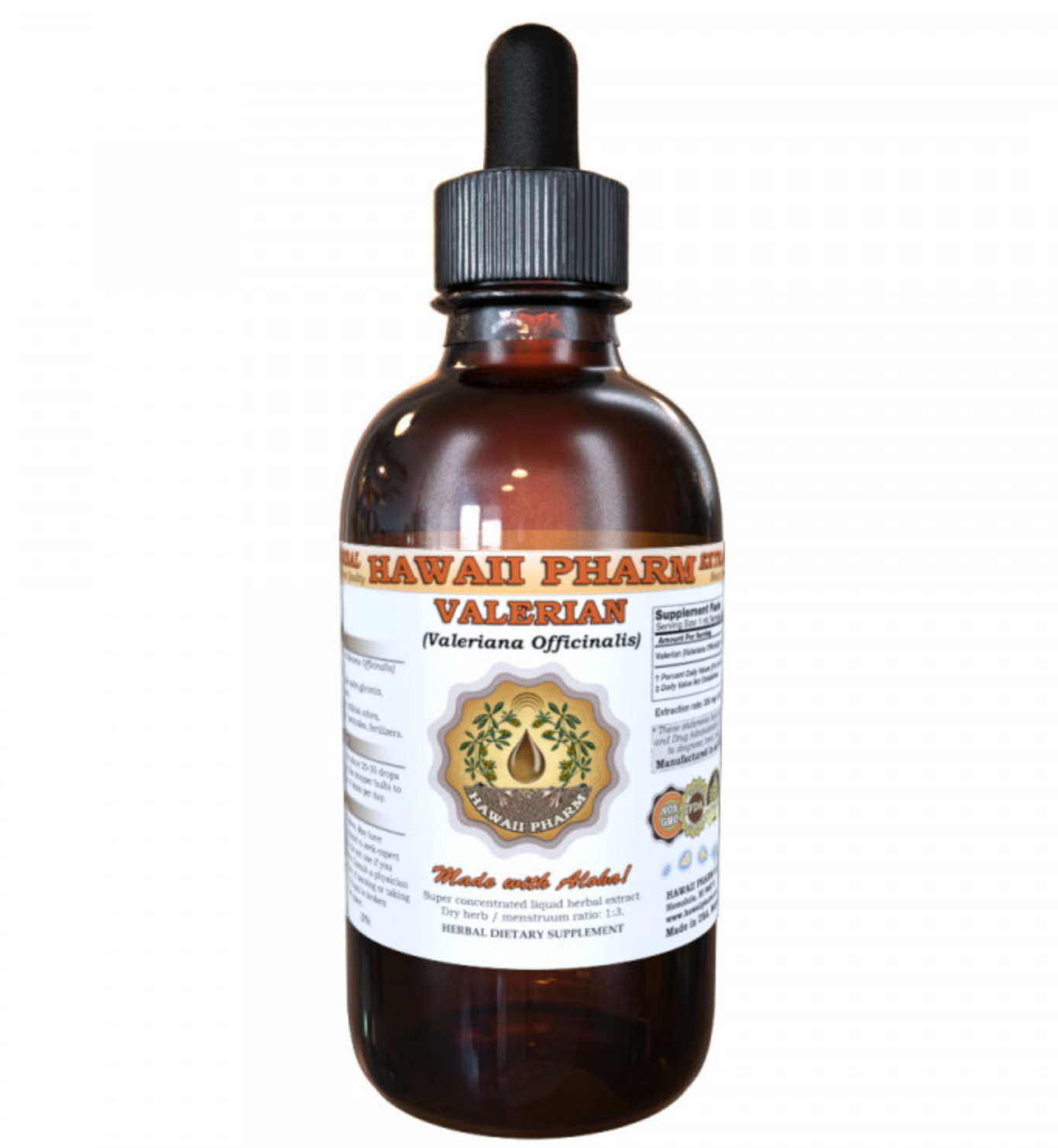 Our Amazon links to powerful cures like Hawaii Pharm herbal tinctures often disappear mysteriously after we publish.
Support our outside vendors by purchasing Hawaii Pharm's Valerian Root tincture here.
Our Amazon links to powerful cures like Hawaii Pharm herbal tinctures often disappear mysteriously after we publish.
Support our outside vendors by purchasing Hawaii Pharm's Valerian Root tincture here. 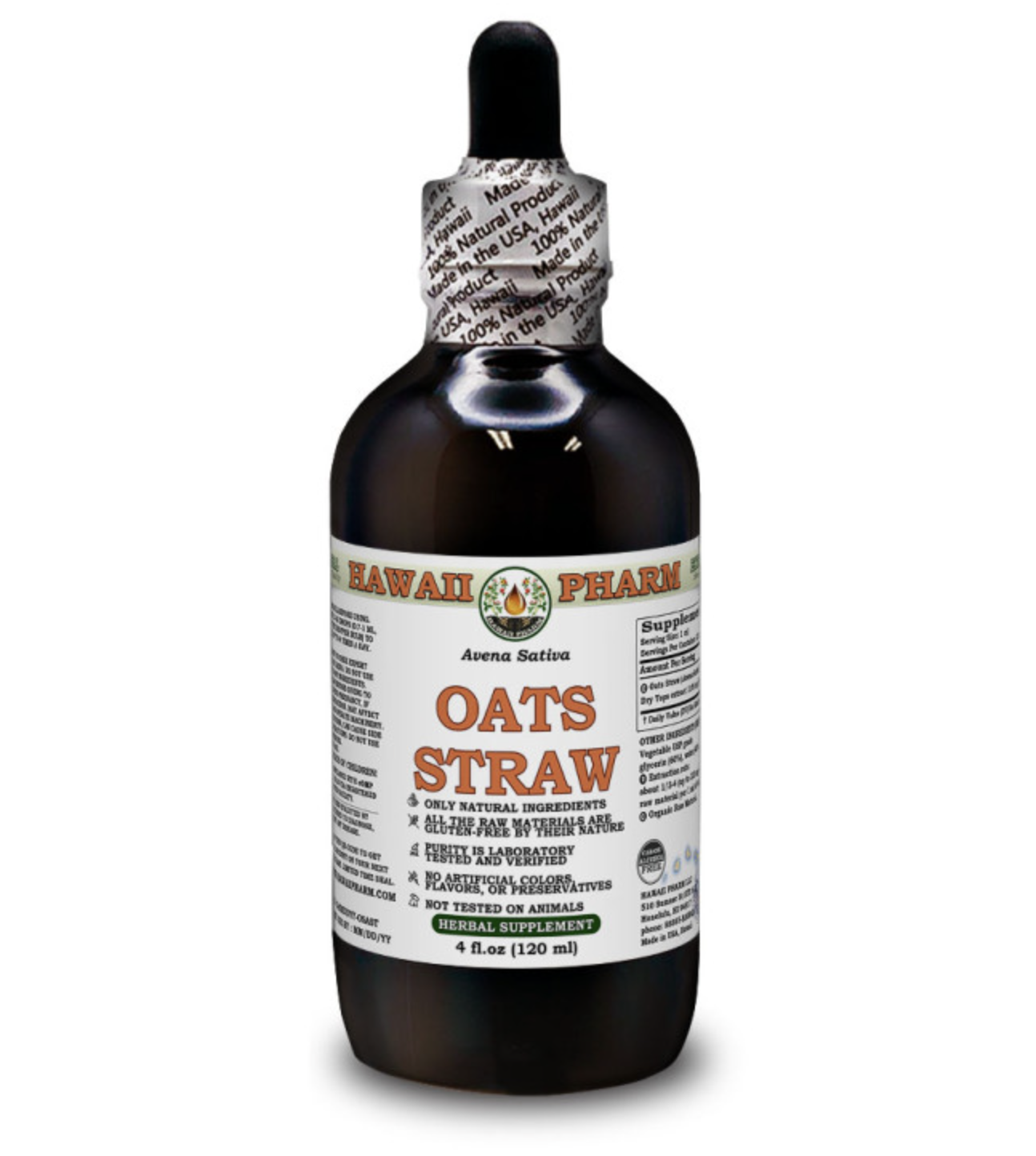 Our Amazon links to powerful cures like Hawaii Pharm herbal tinctures often disappear mysteriously after we publish.
Support our outside vendors by purchasing Hawaii Pharm's Oat Straw tincture here.
Our Amazon links to powerful cures like Hawaii Pharm herbal tinctures often disappear mysteriously after we publish.
Support our outside vendors by purchasing Hawaii Pharm's Oat Straw tincture here. 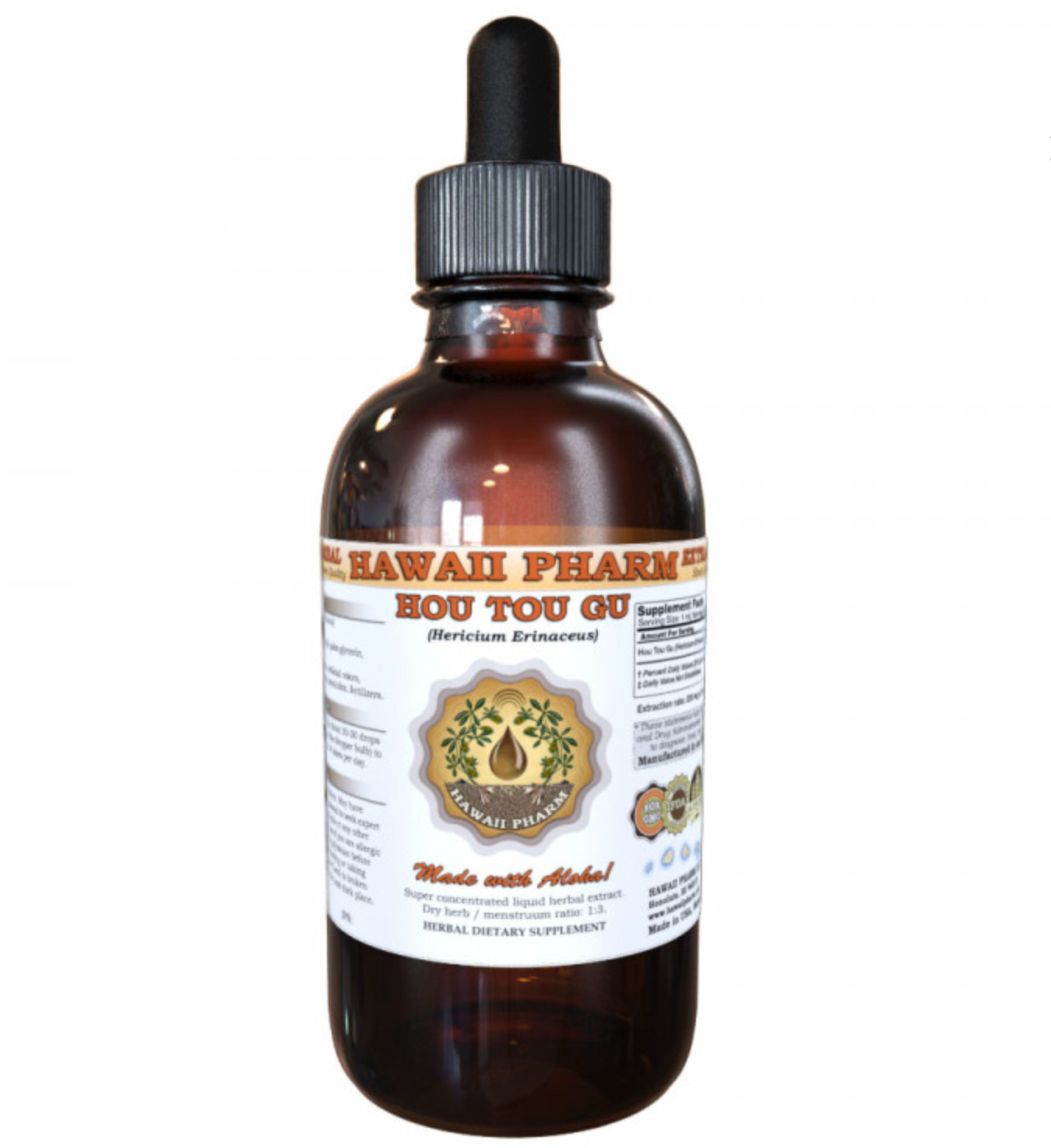 Our Amazon links to powerful cures like Hawaii Pharm herbal tinctures often disappear mysteriously after we publish.
Support our outside vendors by purchasing Hawaii Pharm's Lion's Mane Mushroom tincture here.
Our Amazon links to powerful cures like Hawaii Pharm herbal tinctures often disappear mysteriously after we publish.
Support our outside vendors by purchasing Hawaii Pharm's Lion's Mane Mushroom tincture here. 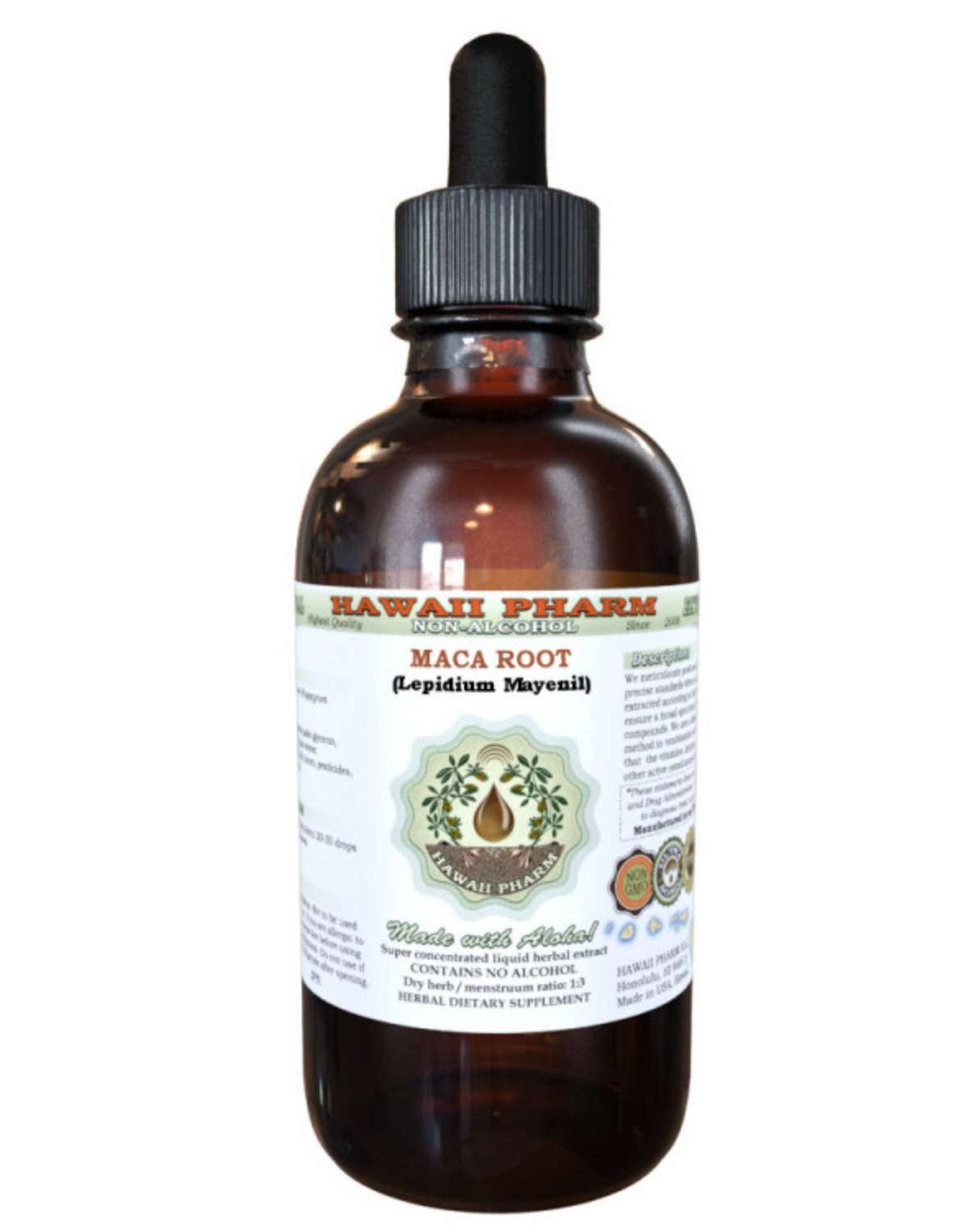 Our Amazon links to powerful cures like Hawaii Pharm herbal tinctures often disappear mysteriously after we publish.
Support our outside vendors by purchasing Hawaii Pharm's Maca Root tincture here.
Our Amazon links to powerful cures like Hawaii Pharm herbal tinctures often disappear mysteriously after we publish.
Support our outside vendors by purchasing Hawaii Pharm's Maca Root tincture here. 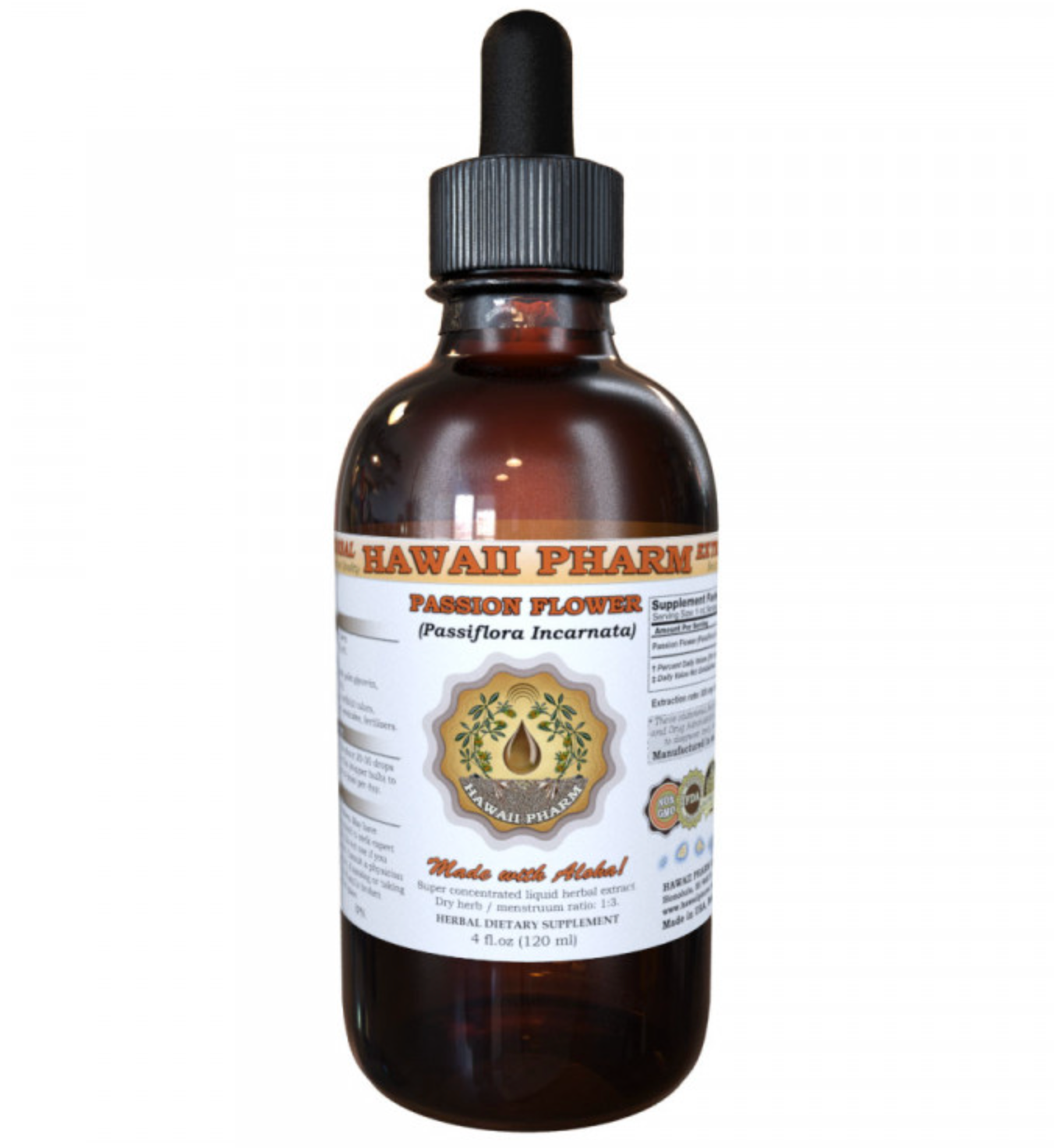 Our Amazon links to powerful cures like Hawaii Pharm herbal tinctures often disappear mysteriously after we publish.
Support our outside vendors by purchasing Hawaii Pharm's Passionflower tincture here.
Our Amazon links to powerful cures like Hawaii Pharm herbal tinctures often disappear mysteriously after we publish.
Support our outside vendors by purchasing Hawaii Pharm's Passionflower tincture here. 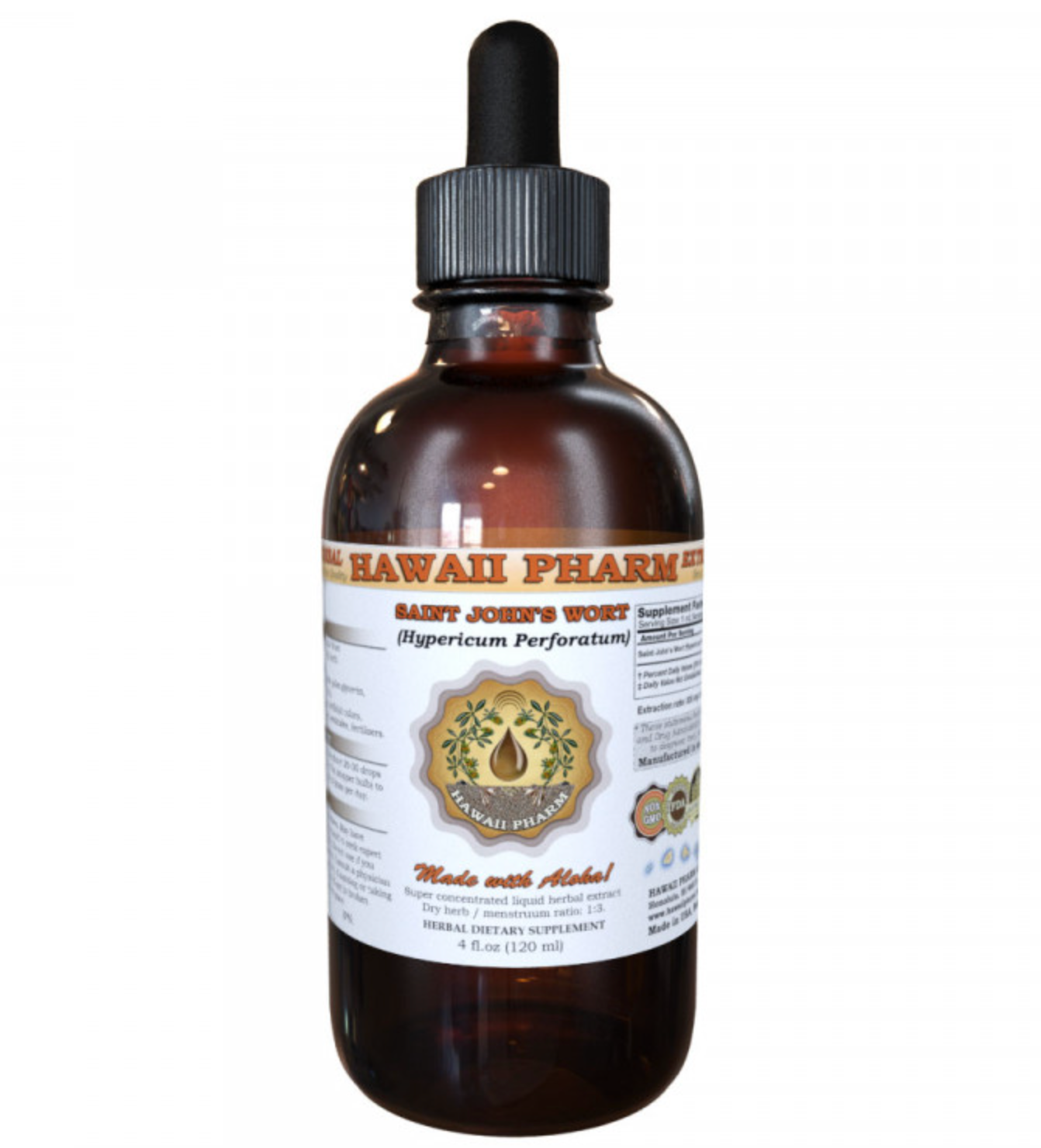 Our Amazon links to powerful cures like Hawaii Pharm herbal tinctures often disappear mysteriously after we publish.
Support our outside vendors by purchasing Hawaii Pharm's St. John's Wort tincture here.
Our Amazon links to powerful cures like Hawaii Pharm herbal tinctures often disappear mysteriously after we publish.
Support our outside vendors by purchasing Hawaii Pharm's St. John's Wort tincture here. 



























